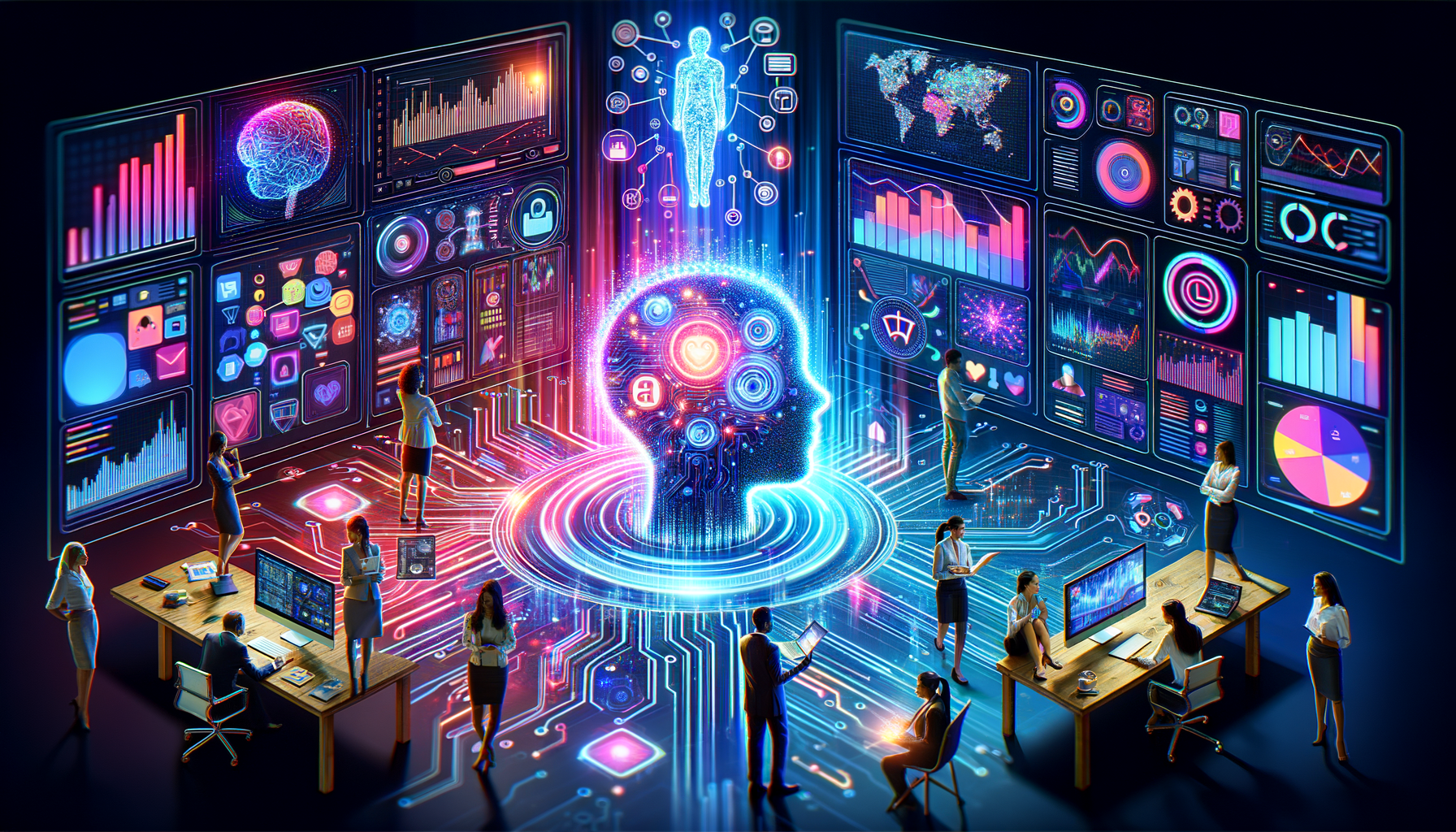Introduction
Artificial Intelligence (AI) is fundamentally changing the landscape of digital marketing by automating processes, enhancing personalization, and optimizing business strategies. Marketers leveraging AI technologies are better positioned to adapt to evolving consumer behaviors and market trends.
Key Insights
- Personalization and Predictive Analysis: Use AI to tailor marketing strategies from individual consumer behaviors, improving experiences and engagement. Tools like Azure OpenAI can analyze user data to create personalized recommendations.
- Chatbots for Enhanced Customer Service: Implement AI-powered chatbots to offer immediate, personalized interactions. These bots can answer queries and help consumers navigate through products or services effectively.
- Content Creation and Optimization: AI tools can generate content and analyze SEO performance. Utilize technologies such as Cognitive Services to draft copy that resonates with your audience.
- Social Media Marketing: Leverage AI-driven analytics for social media to understand consumer sentiment and optimize ad campaigns. Use AI algorithms to enhance ad placements based on user interactions.
- Email Marketing and CRM: Optimize email campaigns by leveraging predictive analytics for timing and content recommendations, ensuring your messages reach the right audience at the right time.
Implementation
To integrate AI into your marketing strategy:
- Invest in AI Platforms: Consider solutions like Microsoft Azure’s suite of AI services, which offers tools for data analysis, chatbot integration, and predictive modeling.
- Start Small: Initiate AI projects with specific goals, such as enhancing customer segmentation or automating a part of your email marketing strategy.
- Train Your Team: Invest in training sessions to familiarize your marketing team with AI tools and their applications in consumer insights and campaign optimization.
- Measure and Iterate: Establish key metrics to track the performance of your AI implementations and revise your strategies based on data-driven feedback.
Conclusion
AI is poised to revolutionize marketing efforts, making them more efficient, personalized, and impactful. As the industry rapidly approaches a formidable market valuation—expected to rise from $12 billion in 2020 to nearly $108 billion by 2028—it’s critical for marketing professionals to adopt AI tools and strategies. Embracing this technology not only provides a competitive edge but also fosters business innovation and long-term success.

